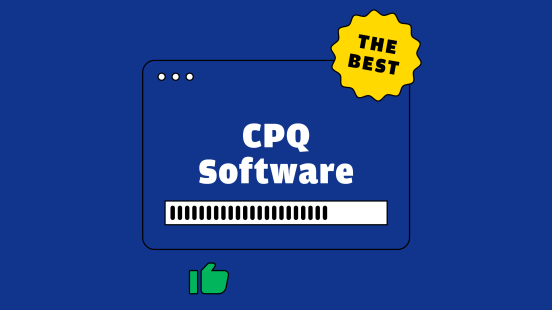Salesforce CPQ (Configure, Price, Quote) is more than a quoting tool—it becomes a central hub for sales efficiency when connected with other business systems. CPQ Salesforce integrations enable organizations to unify data, streamline processes, and deliver faster, more accurate proposals. For companies seeking to scale, these integrations create a powerful backbone that reduces manual work and improves overall sales performance.

How CPQ Integrations Work
Integrating Salesforce CPQ with other platforms means that pricing, product, and customer data flow seamlessly across different business applications. Instead of handling multiple systems in silos, sales teams gain a single source of truth. With automation handling calculations and approvals, employees spend less time on paperwork and more time closing deals.
Typical integration points include:
ERP Systems – Connects sales with real-time financials, supply chain data, and inventory.
CRM Solutions – Expands the customer view, supporting upselling and cross-selling strategies.
E-commerce Platforms – Syncs online orders with pricing and quoting, ensuring consistency from website to delivery.
Core Benefits of CPQ Salesforce Integrations
Operational Speed – By automating approvals, configurations, and pricing, quotes are generated in minutes instead of hours.
Improved Accuracy – Integration ensures that teams always work with current pricing rules, discount policies, and inventory availability.
Better Customer Experiences – Clients receive accurate quotes instantly, building trust and accelerating buying decisions.
Future-Ready Scalability – As businesses grow, integrations expand without the need for disruptive system overhauls.
Integration in Practice: Real-World Scenarios
Healthcare Providers – Linking ERP with Salesforce CPQ allows hospitals to track equipment availability, automatically adjusting quotes to match inventory and budgets.
Financial Services – Banks integrate CPQ with CRM tools to tailor offers for corporate clients, reducing time-to-contract by 40%.
E-commerce Brands – Retailers sync CPQ with online platforms to automate promotions and custom pricing, boosting conversion rates.
Implementation Roadmap
- Assess Business Priorities – Identify the biggest process inefficiencies and focus on integrations that solve them first.
- Select the Right Middleware – Use robust APIs or iPaaS tools (Integration Platform as a Service) for flexibility.
- Map and Align Data – Define how customer, pricing, and product data should flow between systems.
- Pilot and Validate – Test integrations with a small group of users before scaling organization-wide.
- Optimize Continuously – Monitor KPIs such as quote accuracy, cycle time, and win rates to refine processes.
FAQs on Salesforce CPQ Integrations
Q1. Do integrations require heavy customization?
Not always. Many out-of-the-box connectors are available, though complex businesses may need custom API development.
Q2. How fast can an integration be deployed?
Smaller projects may take 3–6 weeks, while large-scale, multi-platform rollouts may extend to several months.
Q3. What industries gain the most value?
Manufacturing, financial services, healthcare, retail, and SaaS are among the top adopters, but nearly every industry benefits from faster, error-free quoting.
Final Thoughts
CPQ Salesforce integrations are no longer optional—they are a competitive necessity. By linking quoting with ERP, CRM, and e-commerce systems, companies gain efficiency, accuracy, and a clear path to scalable growth. Businesses that invest in seamless integration today will be better equipped to serve customers quickly and expand without operational friction.
